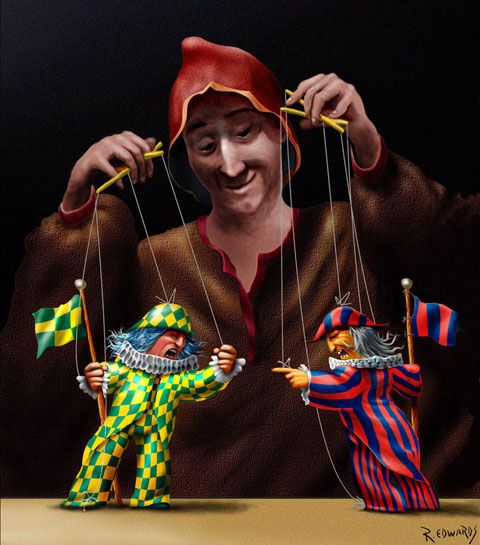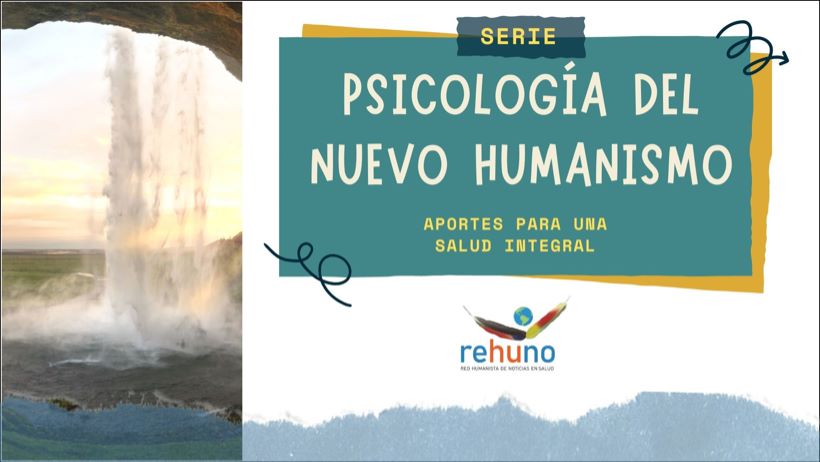From the Humanist Health News Network REHUNO Health we start up a place of exchange where we find a new look on everyday life based on an experiential and existential psychology (the Psychology of New Humanism), and which gives concrete proposals for personal work to reach a full meaning of our existence and a life free of unnecessary suffering. It is not, therefore, a therapeutic psychology, nor does it deal with any pathology, but is aimed at anyone who wants to understand themselves and have the tools, if they so wish, to initiate a positive change in their lives. Psychological wellbeing is undoubtedly one of the foundations of integral health, which is why it is an aspect that needs to be addressed. We invite you to put these proposals into practice and also to contact us and tell us about your experience. Write to us!
By Jordi Jiménez
We end the series of the Principles of Valid Action by presenting the last 4. We hope you find this set of 12 references useful in your searches.
9. When you harm others you remain enchained, but if you do not harm anyone, you can freely do whatever you want. (Principle of Freedom).

This principle is fairly self-explanatory. As in other cases, it cannot be taken into account in isolation but must be seen as part of the whole set of principles. Remember that we have already discussed the issue of “prosecution”. Here the main issue is the harm that may be created for other people and this harm must be assessed when acting. If our action does not harm The Nobodies there is no reason why we should not be able to act freely.
Sometimes we have the feeling that we cannot do certain things because of what others will “think” of us, or because of the image we will give socially, even if we feel that doing so would be consistent for us. This principle emphasises that we are in fact free to act consistently regardless of other people’s opinions if we do not harm anyone by our actions. External looks should not have any value or weight in our decisions, only what we register as unitive. Moreover, we will tell you a secret: the opinion of another person about our actions has to do entirely with the contents of that person (his or her values, memories, experiences, biography, etc.) and has almost nothing to do with us. So, no matter what we do, everyone will see it through their own filter.
10. When you treat others as you want them to treat you, you liberate yourself (principle of solidarity).

This is the most important principle of all. It is the moral rule par excellence, the Golden Rule, and has been described in various ways for centuries. For example Rabbi Hillel: “What you do not want for yourself, do not do to your neighbour”. Plato: “May it be given to me to do to others what I would have them do to me”. Confucius: “Do not do to another what you would not want to be done to you. Jain maxim: “Man should strive to treat all creatures as he would like to be treated”. In Christianity: “All things whatsoever ye would that men should do to you, do ye even so to them. Among the Sikhs: “Treat others as you would have them treat you”. Keeping this principle in mind in everyday life puts us in a positive disposition towards others, in solidarity with others, and openness to the world, thus overcoming closedness and lack of communication.
11. It does not matter in which faction events have placed you; what matters is that you comprehend that you have not chosen any faction (principle of negation of opposites).

This is an important principle in pushing back against bigotry and maximalist positions on any issue. We all have our own views and opinions on many issues, but we know that many other people have different views and opinions, some completely opposite to ours. Different “camps”, so to speak, are formed, where all those who think in similar ways come together. The point here is to understand that our views on things are the result of factors that are totally alien to us and our choices. Cultural factors, epochal factors, family factors, factors related to the place where we were born, etc., are elements that we do not choose, that are given to us when we are born, and that is decisive in forming our opinions about things and, therefore, the “side” (or group) with which we feel identified. It is therefore important to understand that our views are not chosen but have been shaped by events in each of us. Such an understanding in oneself and in others contributes to freedom of thought and at the same time to respect for the position of others, even if that position does not coincide with our own. And this attitude contributes significantly to the construction of a coherent life.
12. Contradictory or unifying actions accumulate within you. If you repeat your acts of internal unity, nothing can detain you (principle of accumulation of actions).

As we said in a previous article, everything we do, think, and feel is recorded in memory, i.e., everything we do “accumulates”. Therefore, the repetition of coherent actions forms a tendency towards repetition, thus conditioning all future actions. The same applies to contradictory actions, hence the importance of paying attention to the register of coherence in our daily lives. Observing these principles in their totality and having them as a reference can transform our way of life and make unity and happiness grow in us.










